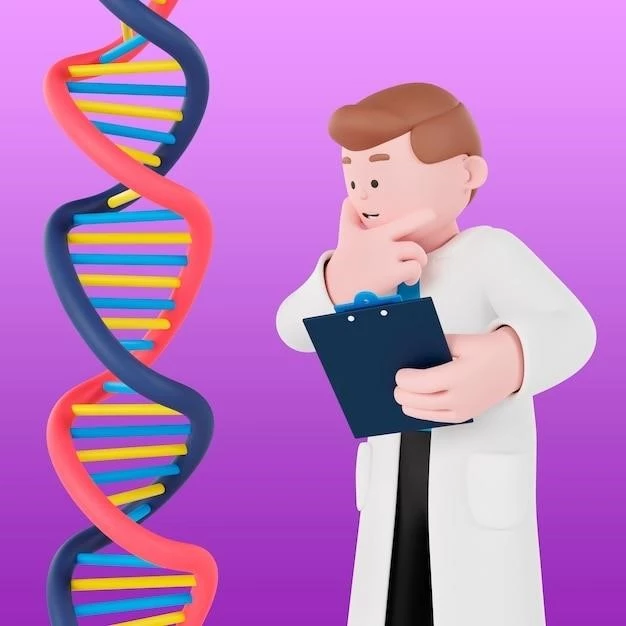Understanding Ambras Syndrome involves exploring its causes, genetics, treatment, management, psychological impact, and research advances.
Causes of Ambras Syndrome
Ambras Syndrome, also known as hypertrichosis lanuginosa, is an extremely rare genetic disorder. It is characterized by excessive hair growth on the face and body, giving individuals a werewolf-like appearance. This condition is typically caused by a mutation in the SOX3 gene. The mutation leads to abnormal hair growth patterns during fetal development, resulting in the excessive hair seen in individuals with Ambras Syndrome. The genetic mutation responsible for this disorder is inherited in an autosomal dominant pattern, meaning that only one copy of the mutated gene is needed for the condition to manifest. As a result, there is a 50% chance of passing on the disorder to offspring if one parent carries the mutated gene. While the exact triggers for this genetic mutation are not fully understood, researchers continue to investigate potential environmental factors that may contribute to the development of Ambras Syndrome.
Symptoms of Ambras Syndrome

The hallmark symptom of Ambras Syndrome is the excessive hair growth that covers the face and body, resembling the appearance of a werewolf. This excess hair, known as hypertrichosis lanuginosa, can be thick, long, and fine in texture, and affects both males and females with the condition. Individuals with Ambras Syndrome may also experience dental abnormalities, such as malformed teeth or missing teeth. While the excessive hair growth is the most visually striking symptom, it is important to note that Ambras Syndrome does not cause any other physical or intellectual impairments. The presence of this rare genetic disorder can have a significant psychological impact on affected individuals due to the stigma and challenges associated with the physical appearance. Therefore, addressing the psychological aspects and providing support is a crucial part of managing this condition.
Treatment Options for Ambras Syndrome
Currently, there is no cure for Ambras Syndrome, and treatment options focus on managing the symptoms and addressing the psychological well-being of the affected individual. Hair removal methods such as shaving, waxing, and laser therapy can help reduce the appearance of excessive hair growth. Dental interventions may be necessary to address any dental abnormalities present in individuals with this condition. It is essential for healthcare providers to work closely with patients to develop a comprehensive treatment plan tailored to their specific needs and to provide psychological support to help individuals cope with the challenges posed by Ambras Syndrome. Continued research into potential treatments and interventions is ongoing to improve the quality of life for those living with this rare genetic disorder.
Case Studies of Ambras Syndrome
Case studies of individuals with Ambras Syndrome have provided valuable insights into the challenges faced by those living with this rare genetic disorder. These case reports often detail the diagnostic process, treatment strategies employed, and the impact of the syndrome on the individual’s quality of life. By sharing these real-life experiences, healthcare providers can learn more about the diverse manifestations of Ambras Syndrome and tailor their approach to better support affected individuals. Additionally, case studies play a crucial role in raising awareness about the condition and promoting further research efforts to enhance our understanding of Ambras Syndrome and develop improved management strategies.
Genetic Basis of Ambras Syndrome
Ambras Syndrome is primarily caused by a genetic mutation in the SOX3 gene, which plays a critical role in regulating hair growth patterns during development. This mutation leads to the abnormal proliferation of hair follicles, resulting in excessive hair growth on the face and body in individuals with Ambras Syndrome. The mutated gene responsible for this disorder is inherited in an autosomal dominant pattern, meaning that a single copy of the mutated gene is sufficient for the condition to manifest. Understanding the genetic basis of Ambras Syndrome is essential for accurate diagnosis, genetic counseling, and ongoing research efforts aimed at developing targeted treatments to address the underlying cause of this rare genetic disorder.
Management of Ambras Syndrome
The management of Ambras Syndrome involves a multidisciplinary approach to address both the physical and psychological aspects of the condition. Healthcare providers work with individuals affected by this syndrome to develop personalized treatment plans that may include hair removal techniques, dental interventions, and psychological support. Regular follow-up appointments are essential to monitor the progression of symptoms and adjust treatment strategies accordingly. Additionally, educating patients, families, and caregivers about Ambras Syndrome is crucial for promoting awareness and understanding of this rare genetic disorder. Ongoing research and collaboration among medical professionals are key to advancing the management strategies for individuals living with Ambras Syndrome.
Psychological Impact of Ambras Syndrome
Ambras Syndrome can have a profound psychological impact on individuals affected by the condition. The visible physical characteristics, such as excessive hair growth, may lead to feelings of self-consciousness, social stigmatization, and emotional distress. Coping with the challenges of living with a rare genetic disorder like Ambras Syndrome can result in anxiety, depression, and low self-esteem. It is essential for healthcare providers to recognize and address the psychological well-being of patients with this condition. Providing access to mental health support, counseling services, and peer networks can help individuals affected by Ambras Syndrome navigate the emotional aspects of their diagnosis and improve their quality of life.
Research Advances in Ambras Syndrome
Ongoing research into Ambras Syndrome continues to advance our understanding of the underlying genetic mechanisms, potential treatment options, and psychosocial impact of this rare disorder. Scientists are investigating new therapeutic approaches, such as gene therapies and targeted interventions, to address the genetic mutation responsible for excessive hair growth in individuals with Ambras Syndrome. Furthermore, research studies focused on improving psychological support, patient care, and quality of life outcomes are paving the way for more comprehensive management strategies. Collaborative efforts among researchers, healthcare professionals, and advocacy groups are driving progress in enhancing diagnosis, treatment, and support services for individuals living with Ambras Syndrome.
